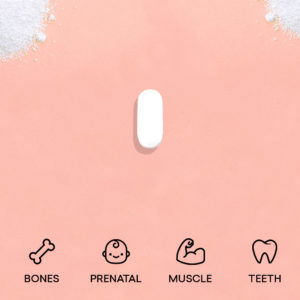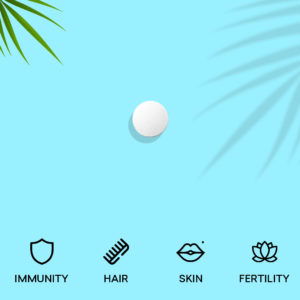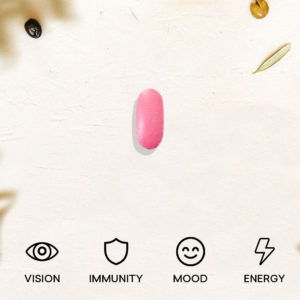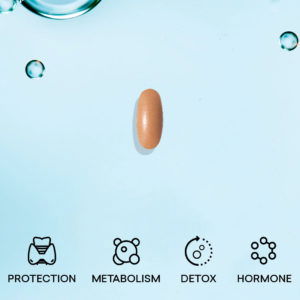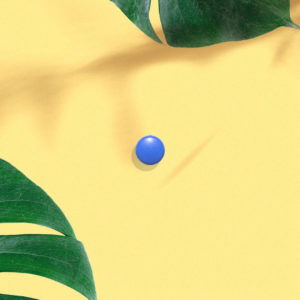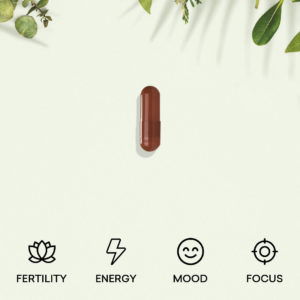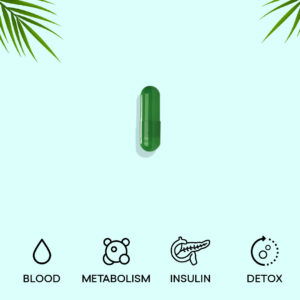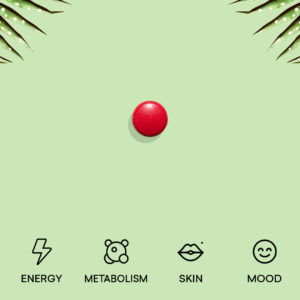For making haemoglobin red and healthy, it requires iron, folic acid, Vitamin C, B12 and protein. These are essential nutrients which our body cannot make on its own and need to be taken through diet. When haemoglobin concentration is lower than the levels considered normal for a person, this is called anemia.
Blood loss, insufficient or poor diet, faulty RBC production can cause iron deficiency. When less than required amount of iron is absorbed by the intestines in the human body, it can also cause iron deficiency.
Faintness, dizziness, increased thirst, sweating, weak and rapid pulse, fast breath, or lower leg cramps are some of the common symptoms of iron deficiency.
When the iron tablet is taken for the first time, the body may find it a little difficult to digest. However, if taken after a meal, the tablet is very easy to digest with no side effects. After a few weeks, you will be able to feel the difference.
If you are pregnant, lactating or already on a medication, it is advisable to consult your physician before consumption.
Vitamin C is a crucial element when we talk about iron absorption in the body. It helps you to store non-heme iron in a form that is more easily absorbed by the body. Therefore it is beneficial to consume citrus fruits and juice once you are on an iron rich diet.
Iron deficiency can result in depression due to the relationship with dopamine—one of many neurotransmitters in the mind that keeps us happy. Iron is needed for the production of dopamine in the brain. Our bodies use tyrosine from protein-rich foods to create dopamine in the presence of iron. A lack of dopamine can lead to depression and anxiety.
There can be many reasons why anyone would have to experience iron deficiency in their body. Some of those reasons are:
- Insufficient iron in food.
- For iron to be absorbed from the gastric intestinal tract there should be intrinsic factors. These factors include folic acid and vitamin B12 so deficiency of those factors will result in impartial absorption of iron.
- Iron is necessary in hemoglobin of blood. Due to an upsurge in RBC destruction that the food can’t compensate or recover, iron deficiency may be seen.
- Iron stored in the body in a form that makes absorption difficult. For example: heme iron is more easily absorbed than non heme iron. Presence of the latter may result in reduced efficiency of the nutrient.
- If there is another agent that inhibits absorption of iron from food, then the person is more likely to have iron deficiency.
Heme iron is mostly contained in non vegetarian food sources like meat, poultry, seafood, and fish. Non-heme iron is found in vegetarian or plant-based sources of food like grains, beans, nuts, seeds, and vegetables.


